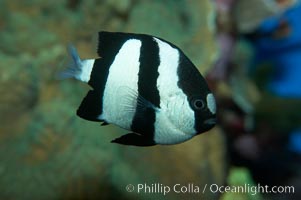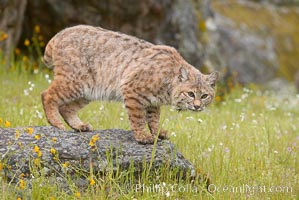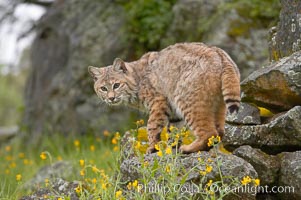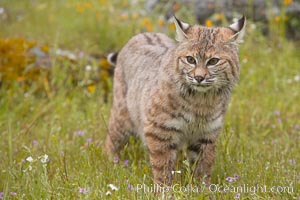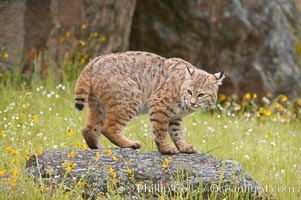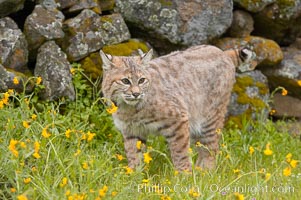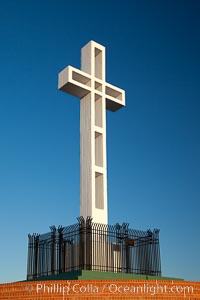
The Mount Soledad Cross, a landmark in La Jolla, California. The Mount Soledad Cross is a 29-foot-tall cross erected in 1954.
Location: La Jolla, California
Image ID: 26547
Location: La Jolla, California
Image ID: 26547
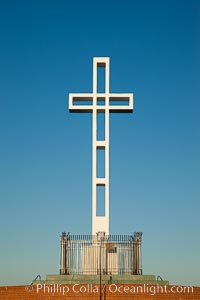
The Mount Soledad Cross, a landmark in La Jolla, California. The Mount Soledad Cross is a 29-foot-tall cross erected in 1954.
Location: La Jolla, California
Image ID: 26552
Location: La Jolla, California
Image ID: 26552
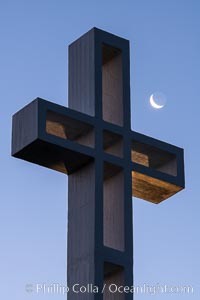
Moon over The Mount Soledad Cross, a landmark in La Jolla, California. The Mount Soledad Cross is a 29-foot-tall cross erected in 1954.
Location: La Jolla, California
Image ID: 36694
Location: La Jolla, California
Image ID: 36694
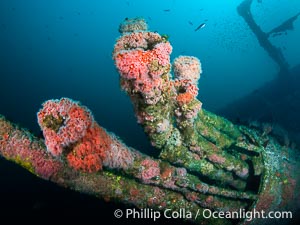
The Wreck of the HMCS Yukon in San Diego. Deliberately sunk in 2000 as part of San Diego's Wreck Alley to form an artifical reef, the HMCS Yukon is a 366-foot-long former Canadian destroyer. It is encrusted with a variety of invertebrate life, including Cornyactis anemones which provide much of the color seen here.
Location: San Diego, California
Image ID: 39470
Location: San Diego, California
Image ID: 39470
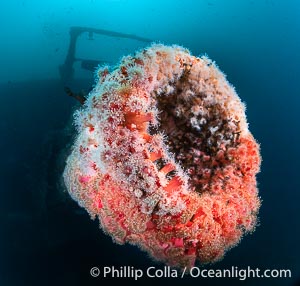
Corynactis californica anemones carpet substructure of the Wreck of the HMCS Yukon in San Diego. The shipwrecks of Wreck Alley are a great place to see vast expanses of rainbow-hued Corynactis anemones. Deliberately sunk in 2000 as part of San Diego's Wreck Alley to form an artifical reef, the HMCS Yukon is a 366-foot-long former Canadian destroyer. It is encrusted with a variety of invertebrate life, including Cornyactis anemones which provide much of the color seen here.
Species: Strawberry anemone, Corynactis californica
Location: San Diego, California
Image ID: 39471
Species: Strawberry anemone, Corynactis californica
Location: San Diego, California
Image ID: 39471
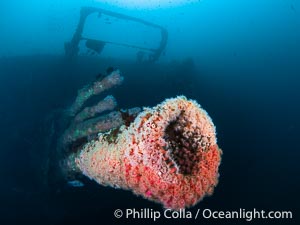
The Wreck of the HMCS Yukon in San Diego. Deliberately sunk in 2000 as part of San Diego's Wreck Alley to form an artifical reef, the HMCS Yukon is a 366-foot-long former Canadian destroyer. It is encrusted with a variety of invertebrate life, including Cornyactis anemones which provide much of the color seen here.
Location: San Diego, California
Image ID: 39472
Location: San Diego, California
Image ID: 39472
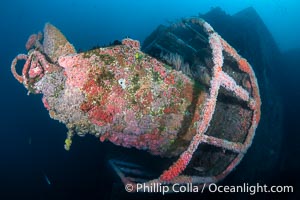
The Wreck of the HMCS Yukon in San Diego. Deliberately sunk in 2000 as part of San Diego's Wreck Alley to form an artifical reef, the HMCS Yukon is a 366-foot-long former Canadian destroyer. It is encrusted with a variety of invertebrate life, including Cornyactis anemones which provide much of the color seen here.
Location: San Diego, California
Image ID: 39473
Location: San Diego, California
Image ID: 39473
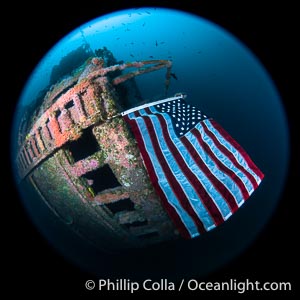
American Flag Flying Over The Wreck of the HMCS Yukon in San Diego. Deliberately sunk in 2000 as part of San Diego's Wreck Alley to form an artifical reef, the HMCS Yukon is a 366-foot-long former Canadian destroyer. It is encrusted with a variety of invertebrate life, including Cornyactis anemones which provide much of the color seen here.
Location: San Diego, California
Image ID: 39477
Location: San Diego, California
Image ID: 39477
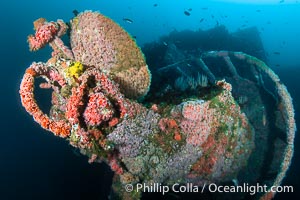
The Wreck of the HMCS Yukon in San Diego. Deliberately sunk in 2000 as part of San Diego's Wreck Alley to form an artifical reef, the HMCS Yukon is a 366-foot-long former Canadian destroyer. It is encrusted with a variety of invertebrate life, including Cornyactis anemones which provide much of the color seen here.
Location: San Diego, California
Image ID: 39478
Location: San Diego, California
Image ID: 39478
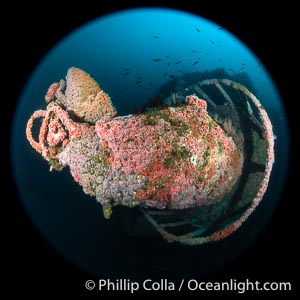
The Wreck of the HMCS Yukon in San Diego. Deliberately sunk in 2000 as part of San Diego's Wreck Alley to form an artifical reef, the HMCS Yukon is a 366-foot-long former Canadian destroyer. It is encrusted with a variety of invertebrate life, including Cornyactis anemones which provide much of the color seen here.
Location: San Diego, California
Image ID: 39479
Location: San Diego, California
Image ID: 39479
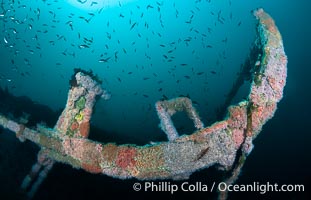
The Wreck of the HMCS Yukon in San Diego. Deliberately sunk in 2000 as part of San Diego's Wreck Alley to form an artifical reef, the HMCS Yukon is a 366-foot-long former Canadian destroyer. It is encrusted with a variety of invertebrate life, including Cornyactis anemones which provide much of the color seen here.
Location: San Diego, California
Image ID: 39480
Location: San Diego, California
Image ID: 39480
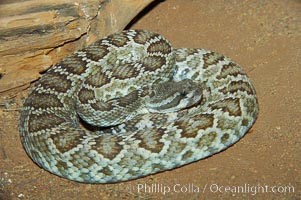
Southern Pacific rattlesnake. The southern Pacific rattlesnake is common in southern California from the coast through the desert foothills to elevations of 10,000 feet. It reaches 4-5 feet (1.5m) in length.
Species: Southern pacific rattlesnake, Crotalus viridis helleri
Image ID: 12585
Species: Southern pacific rattlesnake, Crotalus viridis helleri
Image ID: 12585
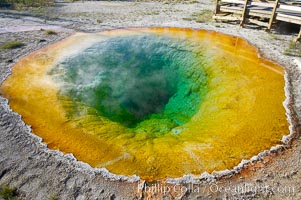
Morning Glory Pool has long been considered a must-see site in Yellowstone. At one time a road brought visitors to its brink. Over the years they threw coins, bottles and trash in the pool, reducing its flow and causing the red and orange bacteria to creep in from its edge, replacing the blue bacteria that thrive in the hotter water at the center of the pool. The pool is now accessed only by a foot path. Upper Geyser Basin.
Location: Upper Geyser Basin, Yellowstone National Park, Wyoming
Image ID: 13352
Location: Upper Geyser Basin, Yellowstone National Park, Wyoming
Image ID: 13352
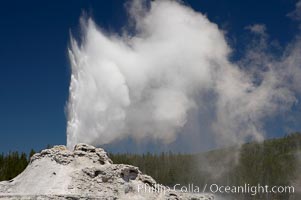
Castle Geyser erupts, reaching 60 to 90 feet in height and lasting 20 minutes. While Castle Geyser has a 12 foot sinter cone that took 5,000 to 15,000 years to form, it is in fact situated atop geyserite terraces that themselves may have taken 200,000 years to form, making it likely the oldest active geyser in the park. Upper Geyser Basin.
Location: Upper Geyser Basin, Yellowstone National Park, Wyoming
Image ID: 13417
Location: Upper Geyser Basin, Yellowstone National Park, Wyoming
Image ID: 13417
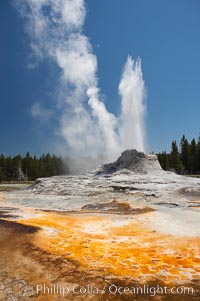
Castle Geyser erupts with the colorful bacteria mats of Tortoise Shell Spring in the foreground. Castle Geyser reaches 60 to 90 feet in height and lasts 20 minutes. While Castle Geyser has a 12 foot sinter cone that took 5,000 to 15,000 years to form, it is in fact situated atop geyserite terraces that themselves may have taken 200,000 years to form, making it likely the oldest active geyser in the park. Upper Geyser Basin.
Location: Upper Geyser Basin, Yellowstone National Park, Wyoming
Image ID: 13426
Location: Upper Geyser Basin, Yellowstone National Park, Wyoming
Image ID: 13426
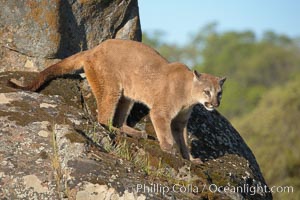
Mountain lion, Sierra Nevada foothills, Mariposa, California.
Species: Mountain lion, Puma concolor
Image ID: 15792
Species: Mountain lion, Puma concolor
Image ID: 15792
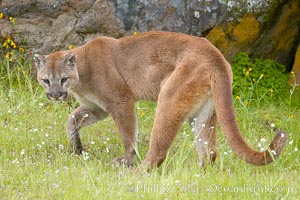
Mountain lion, Sierra Nevada foothills, Mariposa, California.
Species: Mountain lion, Puma concolor
Image ID: 15794
Species: Mountain lion, Puma concolor
Image ID: 15794
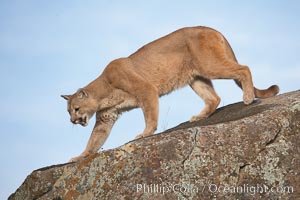
Mountain lion, Sierra Nevada foothills, Mariposa, California.
Species: Mountain lion, Puma concolor
Image ID: 15795
Species: Mountain lion, Puma concolor
Image ID: 15795
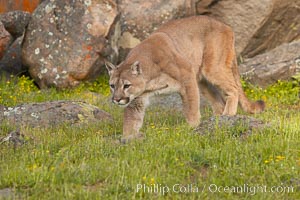
Mountain lion, Sierra Nevada foothills, Mariposa, California.
Species: Mountain lion, Puma concolor
Image ID: 15796
Species: Mountain lion, Puma concolor
Image ID: 15796
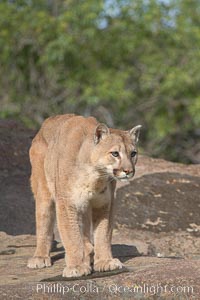
Mountain lion, Sierra Nevada foothills, Mariposa, California.
Species: Mountain lion, Puma concolor
Image ID: 15797
Species: Mountain lion, Puma concolor
Image ID: 15797
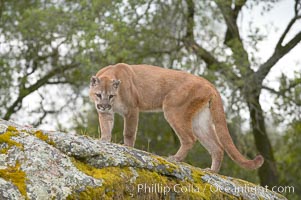
Mountain lion, Sierra Nevada foothills, Mariposa, California.
Species: Mountain lion, Puma concolor
Image ID: 15799
Species: Mountain lion, Puma concolor
Image ID: 15799
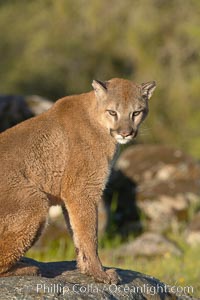
Mountain lion, Sierra Nevada foothills, Mariposa, California.
Species: Mountain lion, Puma concolor
Image ID: 15802
Species: Mountain lion, Puma concolor
Image ID: 15802
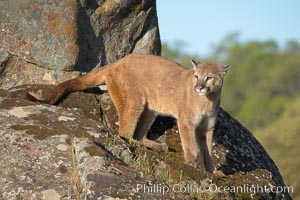
Mountain lion, Sierra Nevada foothills, Mariposa, California.
Species: Mountain lion, Puma concolor
Image ID: 15808
Species: Mountain lion, Puma concolor
Image ID: 15808
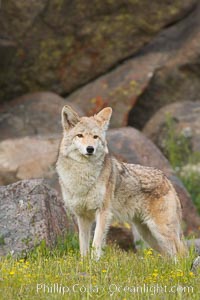
Coyote, Sierra Nevada foothills, Mariposa, California.
Species: Coyote, Canis latrans
Image ID: 15879
Species: Coyote, Canis latrans
Image ID: 15879
